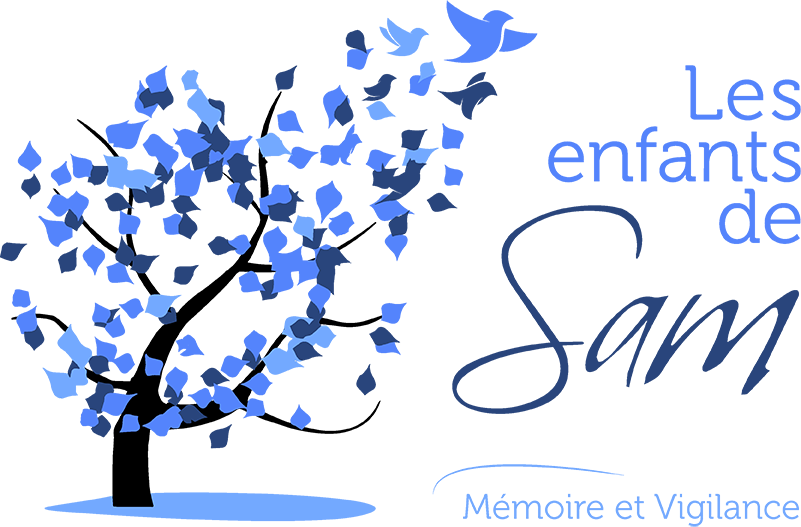In the words of the teachers and educators
The observations of teachers and educators provide us with their view on the importance of having authentic eyewitness accounts in their classrooms. They also explain how they use such accounts in the educational process. They discuss what they personally have learned regarding the connection between history and memory, most especially with relevance to the teaching of programs focussed on the Second World War.
Memory and ways of passing it on
Lionel, teacher of French, talks about memory
“To come face to face with the places, the objects, even the wooden boards, and obviously the commentary that goes with it … it opened the door to confront reality. It allows us to understand.”
Lionel Ménétrier talks to us about memory
“Sam had a mission. The last survivors are leaving us so he must pass on this story of genocide. It was also incredibly rewarding for him."
The man and his values
Lionel Ménétrier talks to us about Sam Braun
“He was someone who was so very kind. He had great charm and with that he took us to a view of history. His story, told with such compassion, touches us deeply.”
To be one of Sam’s children : intergenerational learning
Nathalie Rodellac, teacher of History and Geography, Lavoisier Senior High School (Paris, 5th arrondissement)
“Who are ‘The Children of Sam’? Well, they are everyone who has understood Sam’s message of humanity. Everyone who has got close to Sam’s life work and needs to continue it themselves, wherever possible in the educational setting. These ‘children of Sam’ can then spread the story to others outside of school.”
Jean-Pierre Lauby, Inspector of the Academy, Honorary Regional Inspector for the teaching of History and Geography
“To be one of the ‘Children of Sam’ is to have heard Sam’s words and to feel that he has spoken to you like a father speaks to his children. That is, he has told them things which are important to pass on.”
Lionel, teacher of French, talks to us about ‘The Children of Sam’
“The special thing about Sam is that he is a combination of two things. He is a window to what was the worst of the worst, allowing us to see the human reality of the past – a past we have never known and which we have trouble even imagining. At the same time, with the power of his personality, through what he was and what he became, through what he built throughout his life, he is an example of what is probably the best of human nature… ”
Lionel Ménétrier talks to us about ‘The Children of Sam’
“We involved Sam in programs as part of the ‘work of remembrance’ and also where we have wanted to meet with former resistants. It is so important that the message is available to all and to feel that one is part of a community that continues to remember its past. Sam was crucial in that regard…”
